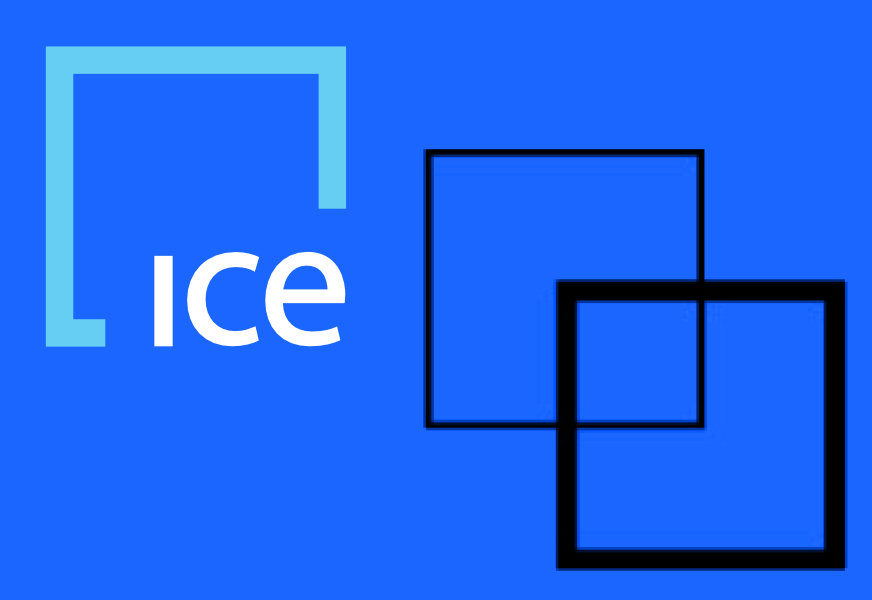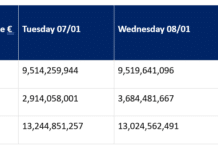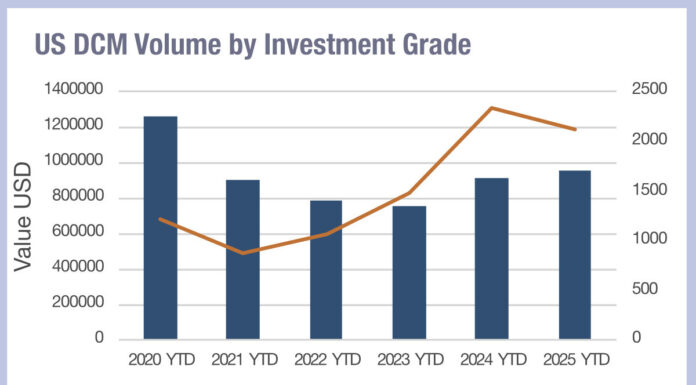 Alternative Reference Rates – The European Perspective.
Alternative Reference Rates – The European Perspective.
As the market transitions to new benchmarks, the question of how participants can best manage risk remains crucial.
ICE Benchmark Administration (IBA) which complies and oversees LIBOR, has consulted on its intention to cease publication of one-week and two-month US dollar LIBOR settings at the end of 2021 and the more widely used US dollar LIBOR benchmarks at the end of June 2023. Meanwhile, the ECB’s working group on euro risk-free rates released two consultations inviting stakeholders to give feedback on fallback rates to EURIBOR, and potential events that could trigger fallback measures. Against this backdrop, market participants are challenged to adapt to a variety of scenarios. ICE is a key global player in supporting the move to alternative reference rates, with heavy involvement in transitions such as LIBOR-SONIA and LIBOR-SOFR.
As the administrator for LIBOR, IBA is working hard to provide the tools and solutions to help the market transition. IBA started early to develop a methodology for a forward-looking, credit-sensitive benchmark, developed specifically as a potential replacement for LIBOR for U.S. dollar lending activity called the U.S. Dollar ICE Bank Yield Index; as well as launching the ICE Term SONIA Reference Rate (TSRR). The TSRR forms the basis for cooperation with the EURIBOR administrator (EMMI) to develop €STR based term structures as a fallback to EURIBOR.
To help clients manage risk in their derivative portfolios, ICE offers analytics that cover the impact of IBOR fallback for existing structures. Market participants can view their valuations based on the compounded and spread fallback projections after the transition date, under different scenarios for that date. This feature in USD, GBP, CHF and other markets, helps clients understand the impact of a fallback on the valuation of their positions.
Importantly, ICE products and services can help market participants effectively manage the transition of IBOR based futures and options positions with market-based solutions such as Inter-Contract Spreads and Asset Allocation. This means they can better manage their transition from IBOR to the respective risk free rate.
The European Landscape
ICE has a growing presence in Europe, with around 20 years experience in providing independent valuation calculation services for OTC derivatives. Reflecting its mission of bringing access to market participants, Intercontinental Exchange is intensifying its activities in the Scandinavian and German markets.
Germany reflects the position of many European countries which use the Euro and corresponding EURIBOR and EONIA benchmarks. If banks in these countries use contracts referencing EURIBOR, they will need to be mindful of incorporating suitable fallback provisions. Market participants can also opt for €STR term structures as a direct alternative to EURIBOR, marking a step towards the use of risk-free reference rates.
Germany is likely to play an increasingly vital role in European financial markets following Brexit, and significant banks in the country – those supervised by the Single Supervisory Mechanism – still have substantial IBOR exposures. In terms of ‘country risk’, around half the 9300 overnight index swap transactions in Germany between September 2019 to October 2019 apply the fallback solution for contracts with end dates after 2021, according to Money Market Statistical Reporting.
This spotlights the importance of being able to fully control risk at any time- and the need to adapt a fallback solution.
ICE is growing its German representation in Frankfurt to intensify cooperation with local market participants and authorities. Already, ICE serves seven of the top 10 German banks and 20 of the nation’s top 30 buy-side firms. As an active part of Germany’s financial centre in Frankfurt, ICE aims to continue delivering global services and aligning these with local needs.
The Scandinavian countries reflect the position of European nations with individual currencies. Across Denmark, Sweden and Norway, there are no active plan to move away from local IBORs. Yet benchmark regulation dictates that an alternative fallback rate must be in place in case current IBOR rates are discontinued.
Different Scandinavian countries are at varying stages in deciding and implementing the new rate and fallback mechanism. Global Rate Set Systems (GRSS) – an independent specialist and provider of financial benchmarks – has been appointed to administer Sweden’s STIBOR, while GRSS has become the administrator of Denmark’s CIBOR, along with the calculation, distribution and licensing agent for Norway’s NIBOR.
ICE has a long and successful history in Scandinavia through the acquisitions of Interactive Data Corporation, Super Derivatives, Inc. and Credit Market Analysis (CMA). Serving 12 of the top 20 Scandinavian banks and 11 of the top 25 buy-side firms, ICE aims to become an even more active part of the Nordic community.
With a depth of expertise in markets and risk management, ICE can help global clients adapt to the new regime – enabling them to stay ahead of compliance mandates, and keep their competitive edge.
 About ICE:
About ICE:
ICE is a Fortune 500 company and provider of marketplace data, technology and expertise to a broad range of customers including financial institutions, corporations and government entities. We operate regulated marketplaces, including the New York Stock Exchange, for the listing, trading and clearing of a broad array of derivatives contracts and financial securities across major asset classes. Our comprehensive data services offering supports the trading, investment, risk management and connectivity needs of customers around the world. As a leading technology provider for the U.S. residential mortgage industry, ICE Mortgage Technology provides the technology and infrastructure to transform and digitize U.S. residential mortgages, from application and loan origination through to final settlement.
©Markets Media Europe 2025












